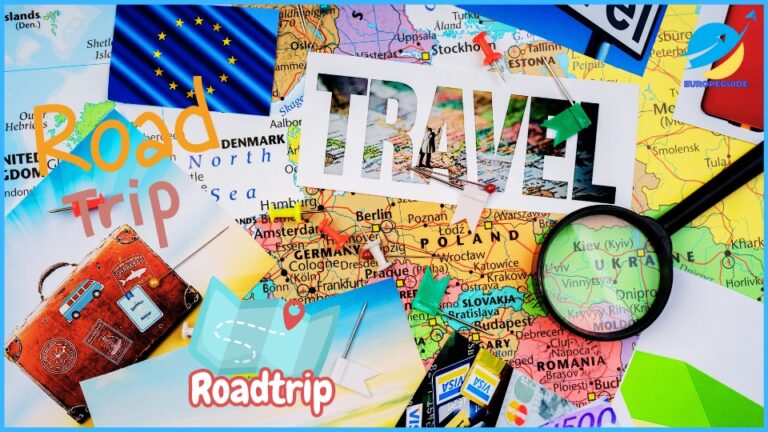Information on the European tourism industry
Exploring the European Tourism Industry: Trends, Challenges, and Opportunities
Europe has long been a magnet for tourists from around the world, offering a rich tapestry of cultures, landscapes, and historical treasures. The European tourism industry is a major economic force, contributing significantly to the continent’s GDP and providing millions of jobs. In this article, we will delve into the trends, challenges, and opportunities shaping the European tourism industry.
Trends in European Tourism:
Sustainable Tourism:
There is a growing emphasis on sustainable tourism practices in Europe, with travelers seeking eco-friendly accommodations, responsible tour operators, and destinations committed to preserving their natural and cultural heritage.
Digital Transformation:
The digital revolution has transformed the way people travel, with online booking platforms, mobile apps, and social media influencing travel decisions. European tourism businesses are embracing digital technologies to enhance the customer experience and streamline operations.
Experiential Travel:
Today’s travelers crave authentic experiences, seeking to immerse themselves in local culture, cuisine, and traditions. European destinations are catering to this demand by offering unique, immersive experiences that go beyond traditional sightseeing.
Diversification of Offerings:
European destinations are diversifying their tourism offerings to attract a wider range of travelers. This includes niche tourism segments such as adventure travel, wellness tourism, and cultural tourism.
Challenges Facing the European Tourism Industry:
Overtourism:
Some popular European destinations are grappling with overtourism, where the sheer volume of visitors is putting strain on infrastructure, natural resources, and local communities. Balancing the benefits of tourism with its impact is a key challenge for many European destinations.
Geopolitical Uncertainty:
Political instability, terrorism, and global conflicts can have a significant impact on tourism. European countries are navigating these challenges to ensure the safety and security of visitors while maintaining their appeal as tourist destinations.
Digital Disruption:
While digital technologies offer opportunities for the tourism industry, they also present challenges such as cybersecurity threats, data privacy concerns, and the need to adapt to rapidly evolving consumer behaviors.
Opportunities for Blossoming:
Emerging Markets:
European tourism businesses are looking to emerging markets such as China, India, and Brazil for growth opportunities. These markets represent a growing source of outbound travelers seeking unique experiences in Europe.
Technology Integration:
Integrating technology into all aspects of the tourism experience, from booking to post-trip engagement, presents opportunities for businesses to streamline operations and enhance the customer journey.
Destination Management:
Sustainable destination management practices can help European destinations address the challenges of over-tourism while preserving their appeal. This includes initiatives to distribute visitors more evenly, promote off-peak travel, and invest in infrastructure that supports sustainable tourism.
In conclusion, the European tourism industry is navigating a rapidly evolving landscape shaped by digital transformation, changing consumer preferences, and global challenges. By embracing sustainability, innovation, and strategic planning, European destinations and businesses can continue to thrive in the competitive global tourism market.







